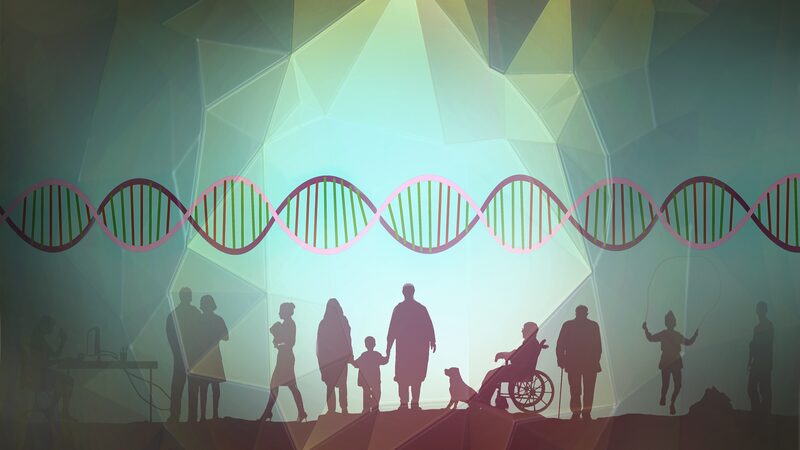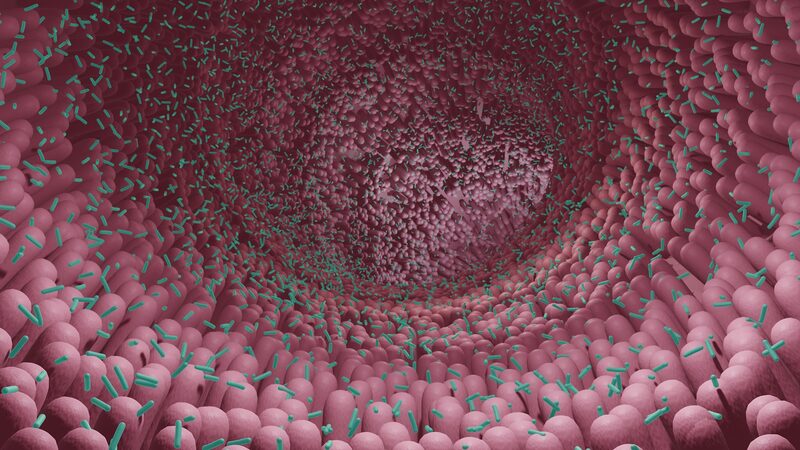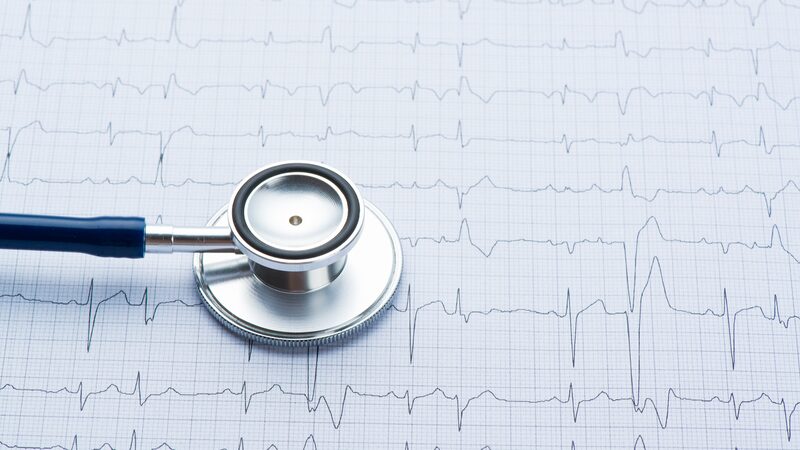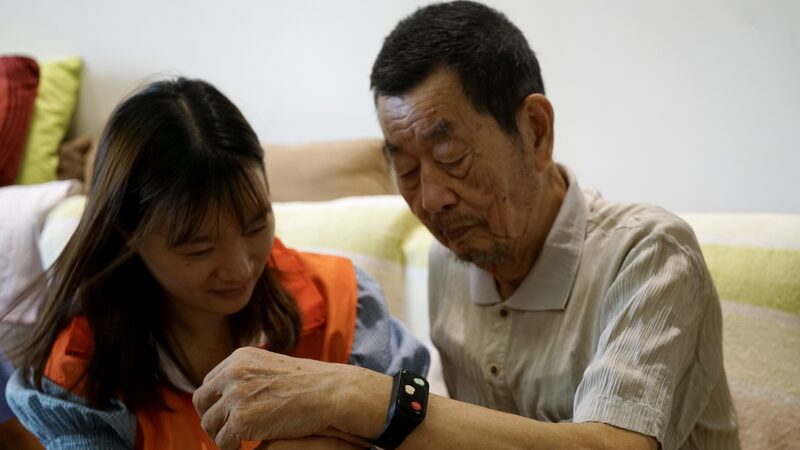Researchers at Johns Hopkins University have unveiled an artificial intelligence system that could revolutionize cardiovascular care by predicting sudden cardiac death with unprecedented accuracy. The MAARS model combines cardiac MRI analysis with health data to identify high-risk patients – achieving 89% overall accuracy compared to current guidelines' 50% success rate.
Focused on hypertrophic cardiomyopathy, a leading cause of sudden death in young adults, the AI detects subtle patterns in heart scarring that often elude human interpretation. "This technology could save lives by ensuring at-risk patients receive timely interventions while sparing others unnecessary treatments," said senior researcher Natalia Trayanova.
The system demonstrated particularly strong results (93% accuracy) for patients aged 40-60 – a demographic where sudden cardiac death often strikes without warning. Current clinical methods struggle to differentiate between patients who genuinely need implantable defibrillators and those who don't.
Cardiologist Jonathan Chrispin noted: "By analyzing underutilized MRI data through deep learning, we're unlocking critical predictors of cardiac risk that could transform preventive care worldwide." The team plans to expand testing to other heart conditions, potentially creating new standards for cardiovascular risk assessment.
This development comes as global demand grows for AI solutions in healthcare, particularly in Asia where cardiovascular diseases account for 35% of annual deaths. The technology could help address regional disparities in access to specialized cardiac care through automated risk stratification.
Reference(s):
cgtn.com








